Published by the National Geographic Society
1145 17th Street N.W., Washington, D.C. 20036
Copyright 2014 Ann Bausum. All rights reserved. Reproduction of the whole or any part of the contents without written permission from the publisher is prohibited.
ISBN: 978-1-4262-1310-6
eBook ISBN 978-1-4262-1311-3

Founded in 1888, the National Geographic Society is one of the worlds largest nonprofit scientific and educational organizations. With a mission to inspire people to care about the planet, the member-supported Society offers a community for members to get closer to explorers, connect with other members and help make a difference. The Society reaches more than 500 million people worldwide each month through National Geographic and other magazines; National Geographic Channel; television documentaries; films; books; DVDs; radio; maps; exhibitions; live events; school publishing programs; interactive media; and merchandise. National Geographic has funded more than 10,000 scientific research, conservation and exploration projects and supports an education program promoting geographic literacy. For more information, visit www.nationalgeographic.com.
National Geographic Society
1145 17th Street N.W.
Washington, D.C. 20036-4688 U.S.A.
For rights or permissions inquiries, please contact National Geographic Books Subsidiary Rights:
Interior design: Katie Olsen
v3.1
For the generations
My parents, Dolores and Henry
My sons, Jake and Sam

C ONTENTS


FOREWORD

A SOLDIERS BEST FRIEND
I AM A FIFTH-GENERATION U.S. MILITARY COMBAT VETERAN from Saint Simons Island, Georgia. Military service is in my bloodmy father served as a United States Army ranger, his father before him served in the Navy during World War II as a patrol torpedo PT boat commander in the South Pacific, my great-grandfather served as an infantryman in the Army during World War I (alongside Stubby), and my great-great-great-great-grandfather served in the Revolutionary War. My service is part family lineage, part innate desire to serve my country.
Today, I am 34 years old and married to my magnificent and beautiful wife, Jenny (also a U.S. Military veteran), and a father to my amazing two-year-old son, Dax. Im also the proud owner of my dog, Cheyenne. Cheyenne was a gift from God and one of the most important reasons I am still here today.
My military service began in 1999, when I served for six years in the United States Air Force Security Forces. During my service I endured several incidents that, at the time, I thought wouldnt affect my personal relationships with family, friends, and colleagues. A short time after arriving in Saudi Arabia in November 2001 for my first deployment in support of Operation Enduring Freedom, I encountered a Taliban sympathizer in a one-to-one confrontation. His weapon was pointed directly in my face during an Entry Control Point Check. At that very moment, I felt paralyzedas if the world around me froze in time and all I could think about was surviving the next minute, getting out of that shack and back to my hometown. I had never had a weapon pointed at me, yet alone directly in my face, and all I could do was freeze. Then I remembered my father telling me to remain calm and breathe.
I remember signaling to the man that I was going to lay down my weapon. I took off the combat sling placed diagonally across my chest and threw my weapon at the guard, causing him to drop his gun to avoid being hit in the face by my weapon. It was then that I tackled him. His five-foot-four-inch frame was no match for me at six foot six. While graciously providing him with a few love taps of my elbow, I subdued him with a pair of plastic handcuffs while I waited for my leadership to arrive.
A second incident occurred three years later while I was on patrol in an undisclosed location within Pakistan. I noticed what appeared to be two suicide bombers directly outside the perimeter of the base, and they seemed determined to cross the razor wire barrier with a ladder. One of the men was pointing at the food tent area while wearing a belt of explosives strapped to his chest. Not willing to allow these two men to succeed with a suicide bombing attack against us, my team and I quickly foiled their plan of killing or injuring American troops.
This time I felt angry as I tried to reconcile why American troops were in a region where our presence was not wanted. Even the foreign military partners we worked alongside expressed their desire for us to be gone. We want all of you to go home now, they would say. I can see now that a lot of my anger stemmed from this situation.
Upon returning from my first deployment to Saudi Arabia in March 2002, I began to act violently toward my family, friends, and even myself. I found myself waking up in the middle of the night with cold sweats, and I would randomly break down, crying uncontrollably, and blame and question myself on how or why I had handled the life-threatening situations I had found myself in overseas. Eight years later I would come to understand that these were all symptoms of post-traumatic stress disorder (PTSD) and depression, which I was eventually diagnosed with. However, my life would get much worse before it would improve.
It was around this time that I adopted a young pit bull mix from a rescue in Hampton Roads, Virginia. I named her Cheyenne and I hoped having her would add some purpose to my life. One afternoon in 2002, I finally hit rock bottom on the bedroom floor of my apartment. I sat, legs folded, ready to finish the fight with the demons that had followed me back from the war zone and had been a constant torment: the sudden rages, the punched walls, the profanities tossed at anyone who tried to help me. There was nothing in my room other than dirty military uniforms, some empty bottles of alcohol, and a crushing despair. I took a deep breath. I shut my eyes and tightly closed my lips around the cool steel of my .45 caliber pistolthe same pistol my father bestowed upon me after my completion of military technical training, the pistol my father was issued for his 1966 training in the U.S. Armys Ranger School. And then something licked my ear. I looked around and locked eyes with Cheyenne. With her head cocked to one side she looked at me as only a dog can, with her big brown eyes full of devotion, as if to say, What are you doing? Whos going to take care of me? Who else is going to let me sleep in your bed?
For a long minute, I stared into the puzzled face of my six-month-old pit bull. And then slowly, reluctantly, I backed the barrel of my .45 caliber pistol out of my mouth. There is no doubt about it, I owe Cheyenne my life.
Immediately I felt so relieved, like a 10,000-pound weight had been lifted off my chest. Soon after, my family and friends noticed a significant change in my behaviora reduced number of outbursts, a better attitude, and no more attempts at my lifeall because of this little pit bull puppy. Cheyennes heroics were her unconditional love and devotion to me, a devotion and love that most pet owners can attest to. Devotion that Stubby had his entire life for his best friend and for the soldiers he went to war with. Its interesting that a torn-eared puppy from a shabby animal rescue saved me. Not my father, or my grandfather, or my friend who endured the same scars of combat while serving alongside me. Cheyenne was the force who pulled me back into society. I couldnt talk to anybodynot my father, not the counselorsbut I could talk to my dog, and she never judged me. Eight years later, my father said to me, Youre a different person now. All that stuff was taking over your life, son. That dog just listened to you for hours. Until Cheyenne, I had suffered in silence.


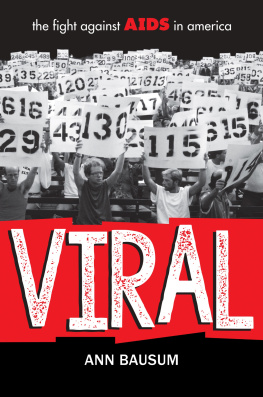
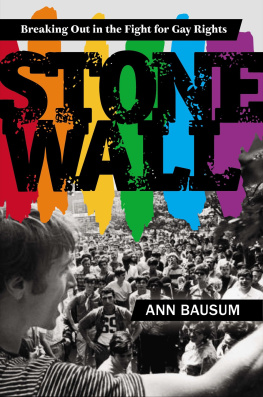
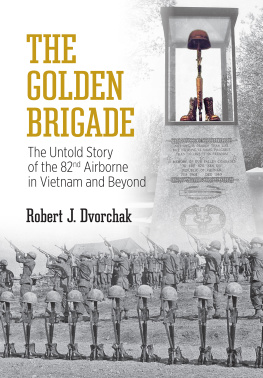
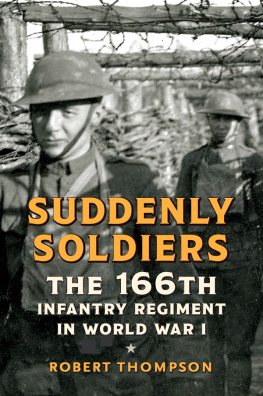
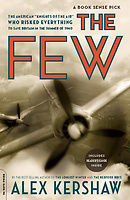
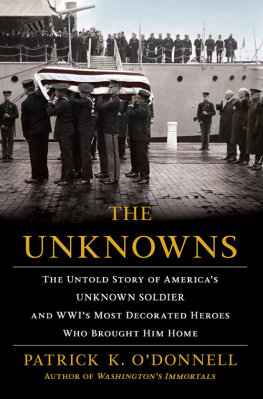
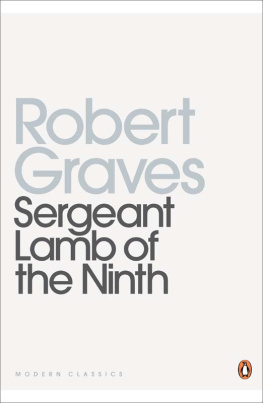

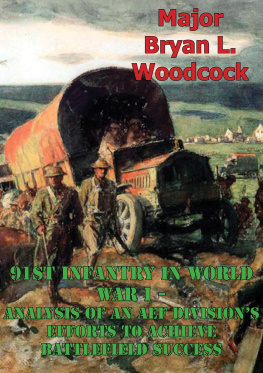
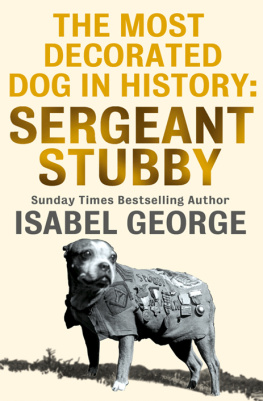
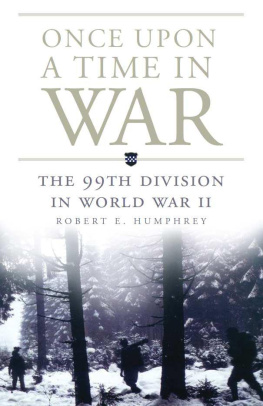
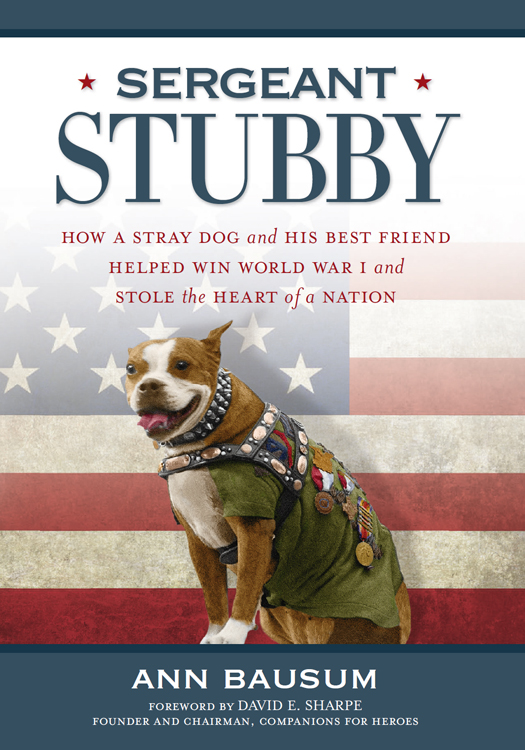
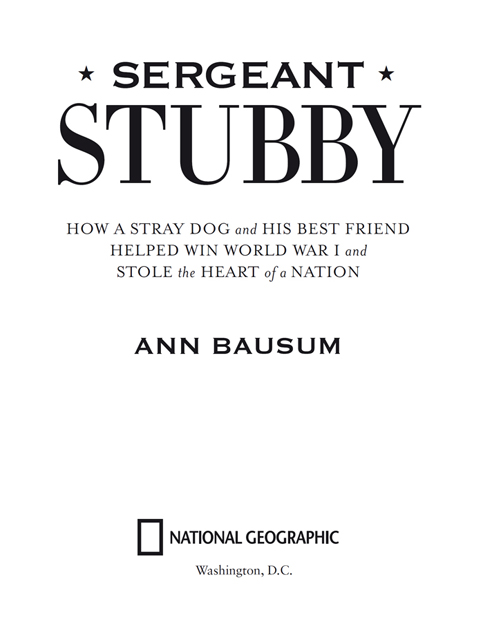

 C ONTENTS
C ONTENTS